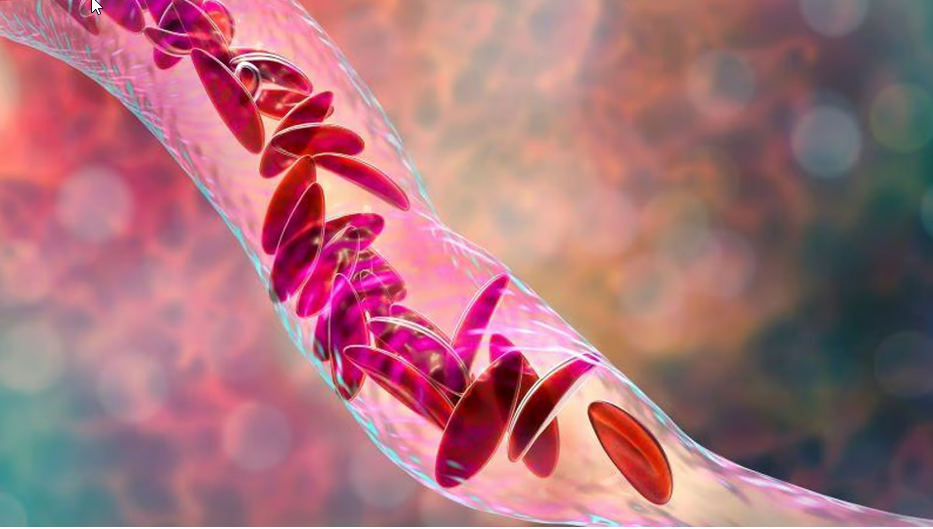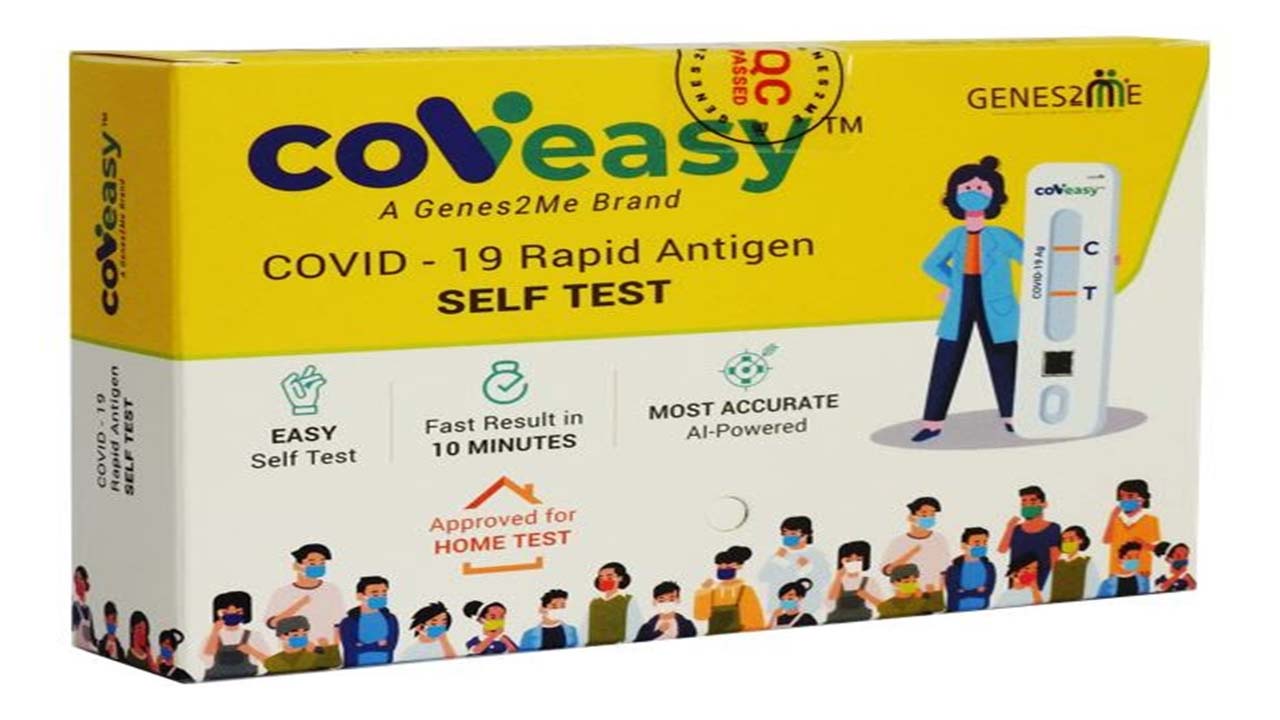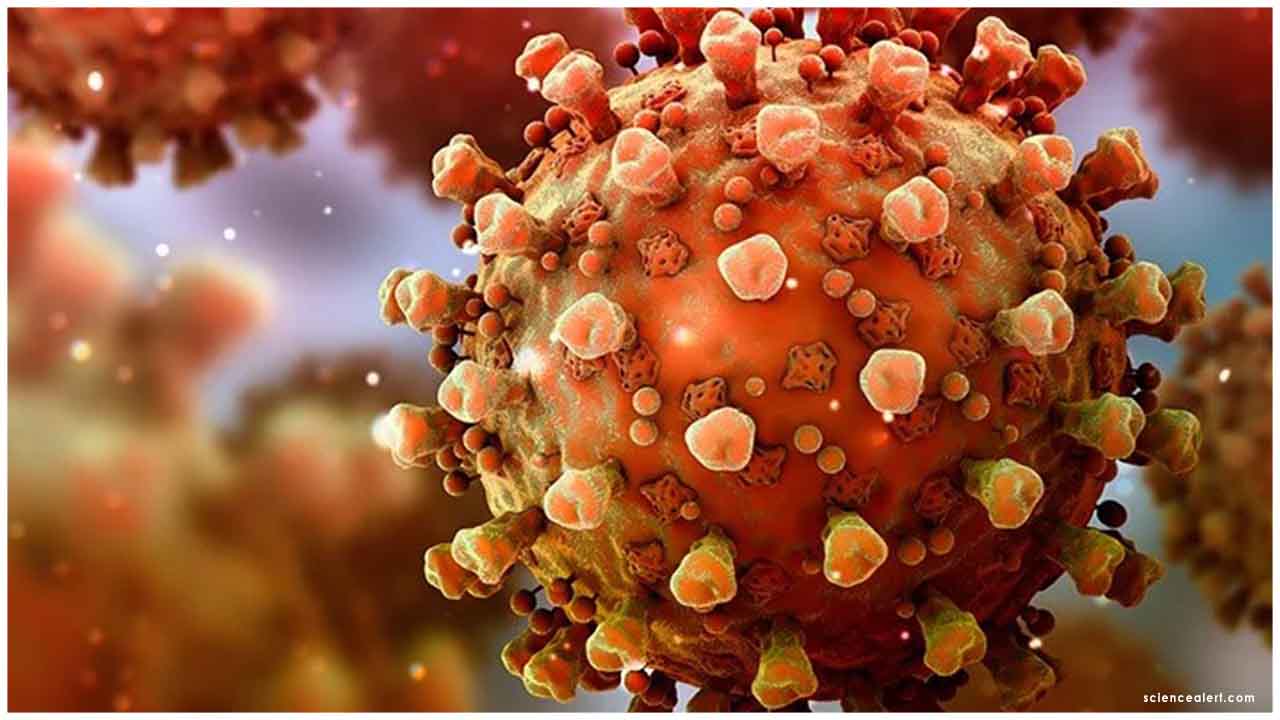Antacids are commonly used medications that provide relief from acid indigestion, heartburn, and upset stomach. While they offer quick relief, it's important to understand their potential impact on your health. Let's find out what antacids are, why they're used, potential health risks associated with regular or irregular use, and explore some natural home remedies that can provide relief without the potential drawbacks of antacids.
What Are Antacids and Why Are They Used?
Antacids are over-the-counter medications designed to neutralize excess stomach acid. They usually contain compounds such as calcium carbonate, magnesium hydroxide, or aluminium hydroxide. People use antacids to treat symptoms like heartburn, acidity, and indigestion, which are often caused by the backflow of stomach acid into the oesophagus.
Health Risks of Regular or Excessive Antacid Use:
1. Acid Rebound: Prolonged use of antacids can lead to an acid rebound, where the stomach produces more acid to compensate for the neutralization caused by the medication. This can worsen symptoms once the antacid wears off.
2. Mineral Imbalance: Some antacids contain aluminium or magnesium, which can lead to mineral imbalances if taken excessively. High levels of magnesium can cause diarrhoea, while excessive aluminium intake has been linked to neurological issues.
3. Kidney Problems: Long-term or high-dose antacid use, particularly those containing magnesium, can strain the kidneys and potentially lead to kidney problems.
4. Osteoporosis: Regular use of antacids, especially those containing calcium carbonate, may interfere with calcium absorption, increasing the risk of osteoporosis over time.
5. Gastrointestinal Infections: Stomach acid plays a role in preventing certain gastrointestinal infections. Reduced stomach acid due to antacids may increase susceptibility to infections.
Natural Alternatives to Antacids:
1. Ginger: Known for its anti-inflammatory properties, ginger can help soothe digestive discomfort. Try ginger tea or adding fresh ginger to meals.
2. Apple Cider Vinegar: Despite its acidic nature, apple cider vinegar may help balance stomach acid levels. Mix a tablespoon in a glass of water and consume before meals.
3. Baking Soda: A teaspoon of baking soda in a glass of water may provide temporary relief from heartburn by neutralizing excess acid.
4. Lifestyle Modifications: Avoid trigger foods like spicy or fatty meals, eat smaller meals, and maintain a healthy weight to reduce acid reflux symptoms.
While antacids offer quick relief from digestive discomfort, their prolonged or excessive use can lead to various health risks. It's important to consider natural alternatives and make lifestyle changes that can promote better digestion and prevent the need for frequent antacid use. Remember, consulting a healthcare professional before making any significant changes to your healthcare routine is always a wise decision.
http://www.21stcenturyhospitalgownplus.com/
http://www.elite-factory-15.fr/
http://www.gba-amateurboxen.de/
http://www.kita-strausberg.de/
http://sonispicehelensburgh.co.uk/
http://curryzonecardonald.co.uk/
http://cinnamon-edinburgh.co.uk/
http://www.bombaydelipaisley.com/
http://pizzanightclydebank.co.uk/
http://www.pizzanightclydebank.com/
http://gyros2goclydebank.co.uk/
http://grillicious-glasgow.co.uk/
http://www.abdulstakeaway.com/
http://www.freddiesfoodclub.com/
http://cinnamonportobello.co.uk/
http://www.romafishnchips.com/
http://bombaydelipaisley.co.uk/
http://yaraloungerestaurant.co.uk/
http://tasteofchinacoatbridge.co.uk/
http://www.memoriesofindiagorebridge.com/
http://memoriesofindiaeh23.co.uk/
http://freddiesknightswood.co.uk/
http://gyros2gohardgate.co.uk/
http://www.strausseeschwimmen.de/
http://www.janstanislawwojciechowski.pl/
http://london-takeaways.co.uk/
http://shahimanziledinburgh.co.uk/
http://freddiesfoodclub.co.uk/
http://www.spicestakeaway.com/
http://www.mexita-paisley.com/
http://pandahouseglasgow.co.uk/
http://www.zum-alten-steuerhaus.de/
http://www.oberstufenzentrum-mol.org/
http://www.morsteins-neuenhagen.de/
http://www.maerkische-jugendweihe.de/
http://www.planungsbuero-henschel.de/
http://www.hertzelektronik.de/
http://www.militaergefaengnisschwedt.de/
http://www.fahrrad-naumann.de/
http://www.hondamoto-villemomble.com/
http://www.hondamoto-royan.com/
http://www.hondamoto-ajaccio.com/
http://www.download-skycs.com/
http://www.sisakoskameleon.hu/
http://www.hondamoto-montauban.com/
http://www.hondamoto-chalonsursaone.com/
http://www.hondamoto-champignysurmarne.com/
http://www.hondamoto-asnieres.com/
http://www.pasquier-motos.com/
http://www.evacollegeofayurved.com/
http://www.compro-oro-italia.it/
http://www.hondamoto-saintmaximin.com/
http://www.hoangminhceramics.com/
http://www.pasiekaambrozja.pl/
http://www.xn--b1alildct.xn--p1ai/
http://www.ferreteriaflorencia.com/
http://www.thevichotelkisumu.com/
http://www.nexuscollection.com/
http://www.moitruongminhhuy.com/
http://www.ozkayalarpaslanmaz.com/
http://www.munkagepmonitor.hu/
http://www.my247webhosting.com/
http://www.thesmokingribs.com/
http://www.healthlabgrosseto.it/
http://www.ochranakaroserie.cz/
http://www.phukiendonginox.com/
http://www.meijersautomotive.nl/
http://www.kartaestudentit.al/
http://www.podlahyjihlavsko.cz/
http://www.hillhouseequestrian.com/
http://www.gradskapivnicacitadela.com/
http://www.capella-amadeus.de/
http://www.landfleischerei-auris.de/
http://www.faistesvacances.be/
http://www.autoservice-doernbrack.de/
http://www.tabakhaus-durek.de/
http://www.oldtimer-strausberg.de/
http://www.imexsocarauctions.com/
http://www.kaslikworkshop.com/
http://www.firefightercpr.com/
http://www.visuallearningsys.com/
http://www.hanksautowreckers.com/
http://www.impresospichardo.com/
http://www.philiphydraulics.net/
http://www.internationaldentalimplantassociation.com/
http://www.indywoodtalenthunt.com/
http://www.badicecreamgame.com/
http://www.riad-amarrakech.com/
http://www.centrodeformacioncanario.com/
http://www.socialdefender.com/
http://www.pepiniere-paravegetal.com/
http://www.reparertelephonearles.fr/
http://www.namsontrongdoi.com/
http://www.devipujakjivansathiseva.in/
http://www.laymissionhelpers.org/
http://www.vangiaphatdeco.com/
http://www.isscoachinglucknow.in/
http://www.hieuchuandoluong.com/
http://www.aurorabienesraices.com/
http://www.indianmoversassociation.com/
http://www.oztopraklarotomotiv.com/
http://moitruongnamnhat.com.vn/
http://www.dienmayvinhthuan.vn/
http://www.divadelkoproskoly.cz/
http://www.xn--12cfje1df4hdl7f1bf2evg9e.com/
http://www.westernirontrailers.com/
http://www.jazzaufildeloise.fr/
http://www.signcraft-drone.com/
http://www.realtyhighvision.com/
http://www.thermexscandinavia.nl/
http://imobiliariafelipe.com.br/
http://www.salon-lindenoase.de/
http://www.jezirka-zahrada.cz/
http://www.singhanialogistics.in/
http://www.der-pixelmischer.de/
http://www.hegermuehlen-grundschule.de/
http://www.radiologie-strausberg.de/
http://www.foto-studio-matte.de/
http://www.tables-multiplication.com/
http://www.rusztowania-belchatow.pl/
http://www.fishingandhuntingheaven.com/
http://www.orologiegioiellilameridiana.it/
http://www.rotarybresciaest.org/
http://www.jacarandaspain.com/
http://www.javieririberri.com/
http://www.huebelschraenzer.ch/
http://www.illinoiscreditunionjobs.com/
http://www.iznikdenizorganizasyon.com/
http://www.leasebackconcierge.com/
http://www.eoisantacoloma.org/
http://skullbasesurgery.co.uk/
http://www.immobilienplattensee.com/
http://www.germandailynews.com/
http://www.gptdcinternational.com/
http://www.forklifttrainingedmonton.com/
http://www.kashiwanakayama-cl.com/
http://www.thehousemediagroup.com/
http://www.pensiimaramures.ro/
http://www.michaelakokesova.cz/
http://www.viswabrahmanaeducationaltrust.com/
http://krone-aluminium.com.pl/
http://www.broadwaylumber.com/
http://www.ambulancesoccasions.com/
http://www.continuumintegrated.com/
http://www.joilifemarketing.com/
http://www.rotaseydisehir.com/

 Let's find out what antacids are, why they're used, and the potential health risks associated with regular or irregular use, and explore some natural home remedies that can provide relief without the potential drawbacks of antacids.
Let's find out what antacids are, why they're used, and the potential health risks associated with regular or irregular use, and explore some natural home remedies that can provide relief without the potential drawbacks of antacids.





.png)














.jpeg)

.jpeg)
.jpeg)
.jpeg)

.jpeg)
.jpeg)
.jpeg)
_(1).jpeg)

_(1)_(1)_(1).jpeg)
.jpeg)
.jpeg)
.jpeg)






